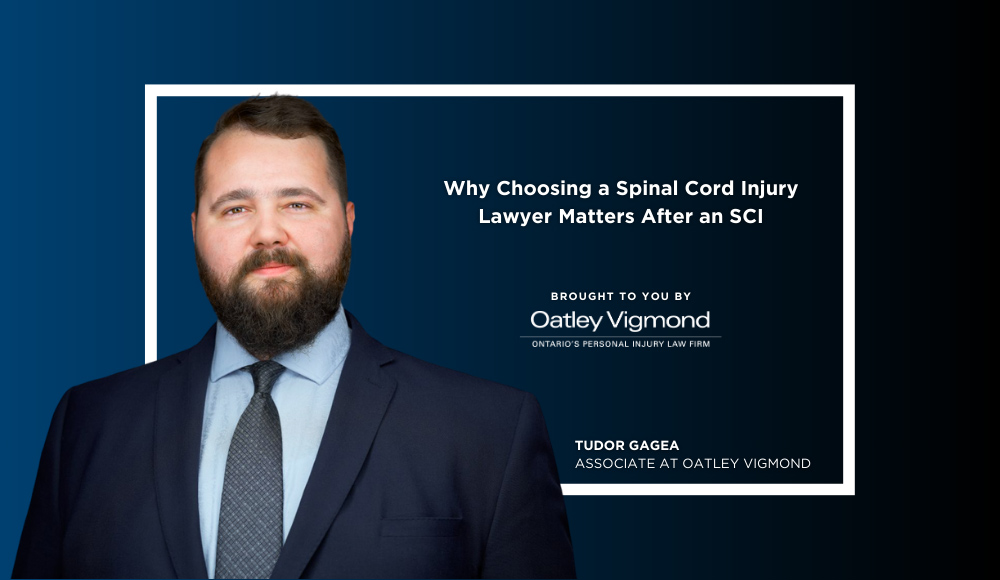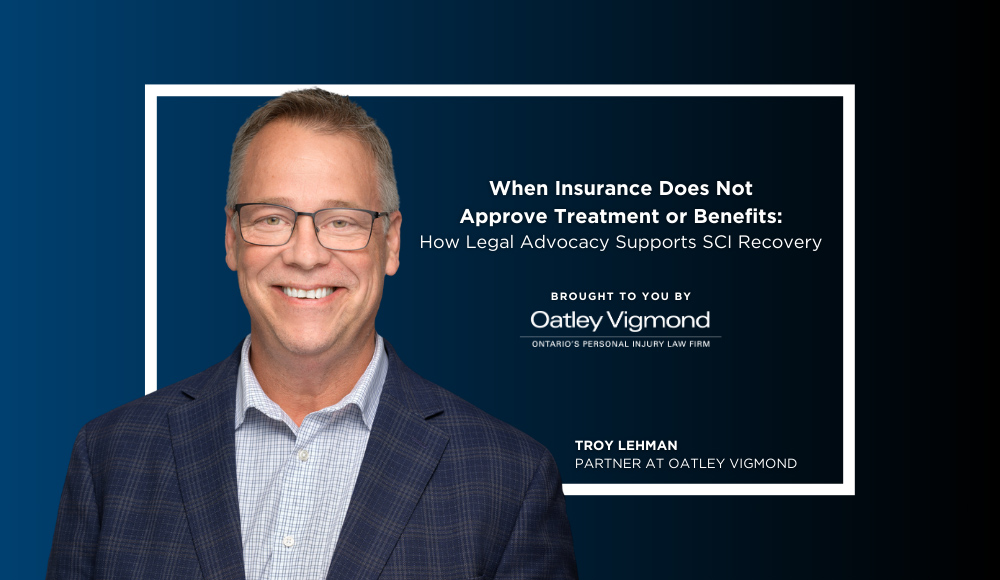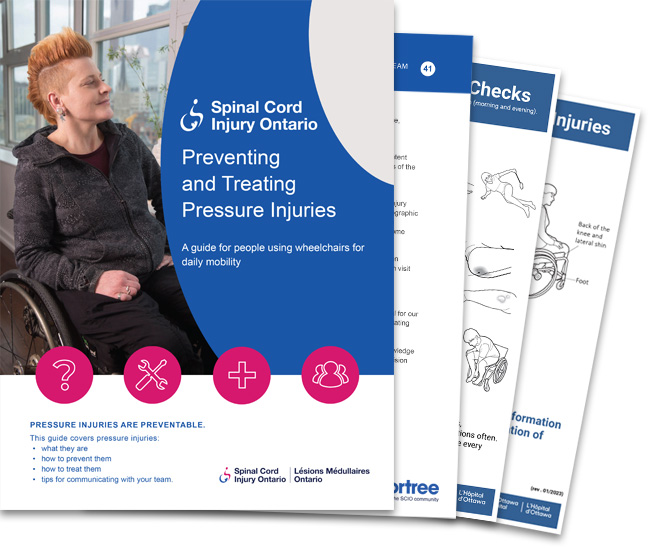Today we discuss disability and inclusion in the workplace, and employment for people with a physical disability. On this episode of Underestimated, Ramin speaks with Oda about disability and the workplace. As an administrative assistant for the Canadian Heritage, Ramin talks about how Spinal Cord Injury Ontario helped him make the transition easier. He also talks about how he has worked with his manager to disclose his accommodations, and the perspective he has for someone who is looking for a job who may need some advice.
Disability inclusion at work entails more than just recruiting workers with disabilities. All employees’ strengths are valued in an inclusive workplace. It provides employees with disabilities, whether apparent or not, with an equal opportunity to succeed, learn, be fairly compensated, and grow. Understanding the relationship between how people move, communicate and participate in society, and ensuring that everyone has the same opportunity to participate in every element of life to the best of their abilities and wishes, is what disability inclusion entails.
While many businesses list diversity as a top value, people with disabilities are frequently disregarded or under-supported. Few organizations have efforts in place to hire people with physical disabilities. And many fail to evaluate whether their policies and practices make it more difficult for people with disabilities to engage completely. As a result, they are missing out on a huge supply of talent, and we are all missing out on the full potential of people who don’t fit the “norm” in our professions. It’s not merely the correct thing to do to have good disability inclusion policy. It benefits everyone in your organization, at all levels.
What exactly is appropriate workplace accommodation for people with disabilities? Accommodation is a fundamental and integral part of the right to equal treatment. The principle of accommodation involves three factors: dignity, individualization and inclusion. The most appropriate accommodation promotes inclusion and full participation and addresses systemic issues – it should not be a “one-off.” Accommodations can modify the terms and conditions of employment or make adjustments in the workplace. In Ontario, the right to be accommodated and duties of the employer are set out in the Ontario Human Rights Code.
This video provides information on:
- disability and inclusion in the workplace
- employment with a disability
- companies hiring people with disabilities
- disability awareness, communication, and disability discrimination
- getting a job and hiring people with disabilities
- hiring people with disabilities and jobs for people with disabilities
If you enjoyed this video about disability and inclusion in the workplace, and employment with a disability, please remember to like, share, subscribe and leave a comment if you have any questions, suggestions, or feedback. We hope to see you here again soon!




